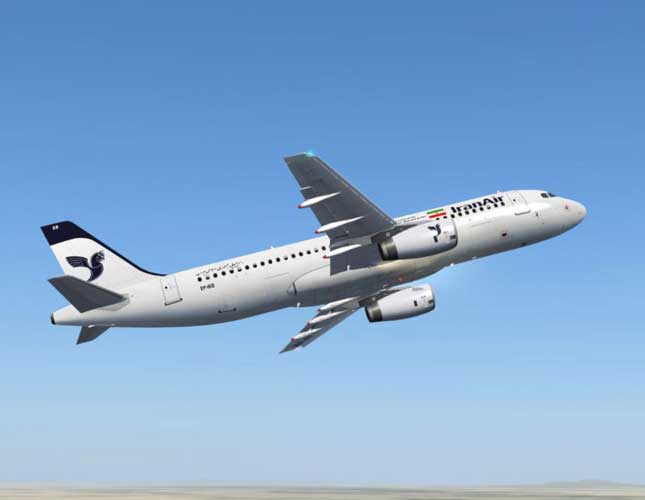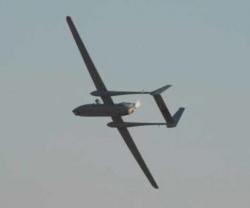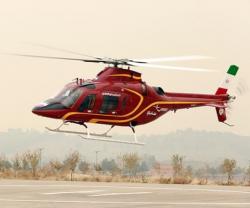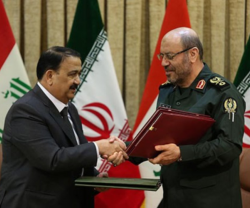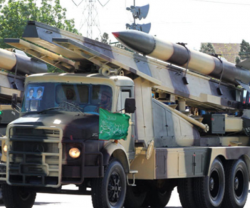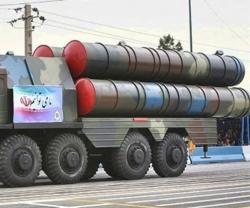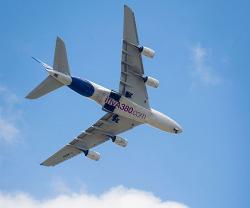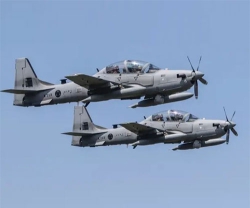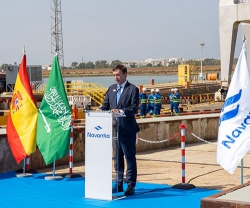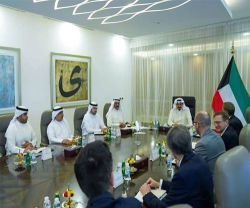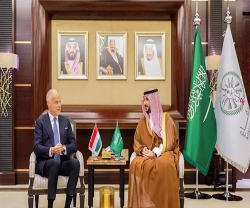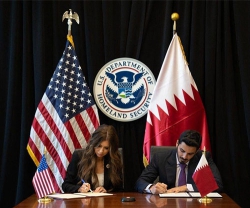Iran has trimmed its order with Airbus to purchase of 100 passenger planes partly by dropping superjumbo A380s, said the Managing Director of Iran’s flag carrier Iran Air on Sunday.
“The nominal value of the contract for purchase of 118 planes from Airbus is $25 billion dollars, but the Airbus proposal to sell A380 has been cancelled so that the value of the contract with Iran Air will not exceed $10 billion,” Farhad Parvaresh said, quoted by state news agency IRNA.
Parvaresh said that based on the plans made, Airbus will deliver seven or eight planes by 2017.
Talking to reporters on the sidelines of the First International Exhibition of Road Construction and Maintenance, Transportation and Related Industries, Parvaresh said in the meantime that ATR plane manufacturing company is scheduled to deliver eight planes to Iran Air as per the contract already signed..
“The Airbus representatives are present in Iran since last week to finalize the context of the contract,” he added.
“We have finalized negotiations with Airbus and any day we will be able to sign the deal in Tehran. We are expecting some final clearances and expect to sign today or tomorrow,” Deputy Roads and Urban Development Minister Asghar Fakhrieh Kashan told Reuters in a telephone interview.
Airbus will supply four types of aircraft: its medium-haul A320 and A321 aircraft and the long-haul A330 and A350, he said, in remarks confirming Iran’s decision to drop the A380 superjumbo from a draft deal signed in Paris in January.
Iran, which last week finalized a parallel deal with Boeing for 80 jets, has reached agreements with foreign leasing firms to finance a total of 77 aircraft, including 42 from Airbus and 35 from Boeing, Kashan said.
“There will be at least two leasing companies,” he said.
Iran is buying planes to rebuild the elderly fleet of flag carrier IranAir under an agreement with major powers that lifted most international sanctions in return for restrictions on Iran's nuclear activities.
The timing of the first delivery suggests the Airbus A321 could arrive before the January 20 inauguration of U.S. President-elect Donald Trump, who has voiced opposition to the nuclear deal, and well ahead of Iranian presidential elections in May.
The U.S. Treasury has granted export licenses to allow both deals to go ahead, a step required for both suppliers because of the heavy use of American parts in Boeing and Airbus jets.
Asked whether the deal could be derailed if Washington withdraws the certificates or imposes fresh restrictions on trade with Iran, Kashan said: “We are not concerned, although we should not ignore such a possibility.”
“The fact is that Mr. Trump may impose certain new sanctions, but we would consider that to be a violation of the JCPOA (nuclear accord), which explicitly provides for the possibility for the purchase of aircraft and their sale by manufacturers,” he added.

